Britain & Ireland
Women and social history can be overlooked themes in periods where records tended to focus on money, religion and Kings. While those latter themes are covered in this section so are features on individual women, their relationships with power and how they were able to influence politics and the people around them. Social history is also addressed through the stories of Hermits, soldiers, tax records and revolting peasantry with nobles. Read more
Sort by:
Date (Newest first) | Title A-Z
Show:
All |
Articles |
Podcasts |
Multipage Articles
-
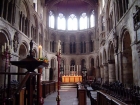
Smithfield's Bartholomew Fair
ArticleClick to view -
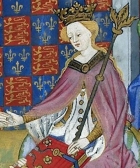
Podcast lecture: Mad or Bad? Was Henry VI a tyrant?
ArticleClick to view -
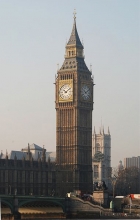
The Origins of Parliament
ArticleClick to view -
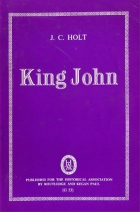
King John
ArticleClick to view -

Towards Reform in 1809
ArticleClick to view -
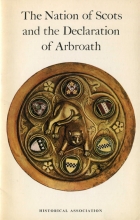
The Nation of the Scots and the Declaration of Arbroath
ArticleClick to view -
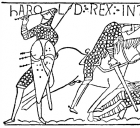
The strange death of King Harold II: Propaganda and the problem of legitimacy in the aftermath of the Battle of Hastings
ArticleClick to view -
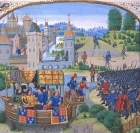
The Great Revolt of 1381
ArticleClick to view -
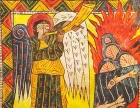
Podcasted Lecture: Why Medieval History Matters?
ArticleClick to view -
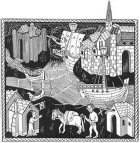
A medieval credit crunch
ArticleClick to view -
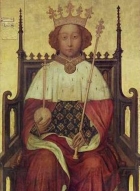
Was Richard II Mad? An evening with Terry Jones
ArticleClick to view -
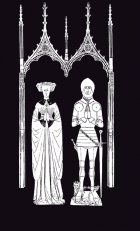
The soldier in Later Medieval England
ArticleClick to view -
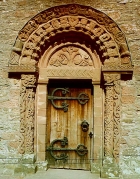
Kilpeck Church: a window on medieval 'mentalite'
ArticleClick to view -
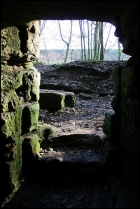
Saint Robert and the Deer
ArticleClick to view -
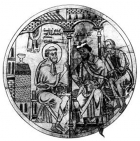
Thomas Parkinson: the Hermit of Thirsk
ArticleClick to view -
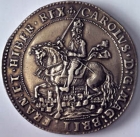
Late Medieval Taxation Records
ArticleClick to view -
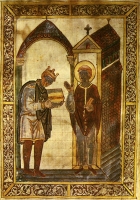
Bede's Ecclesiastical History of the English People
ArticleClick to view -

Myth and Reality: A Necessary Marriage at Twelfth Century Glastonbury
ArticleClick to view -
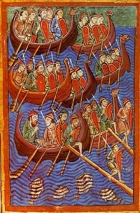
The Vikings in Britain
ArticleClick to view -

1497, Cornwall and the Wars of the Roses
ArticleClick to view

